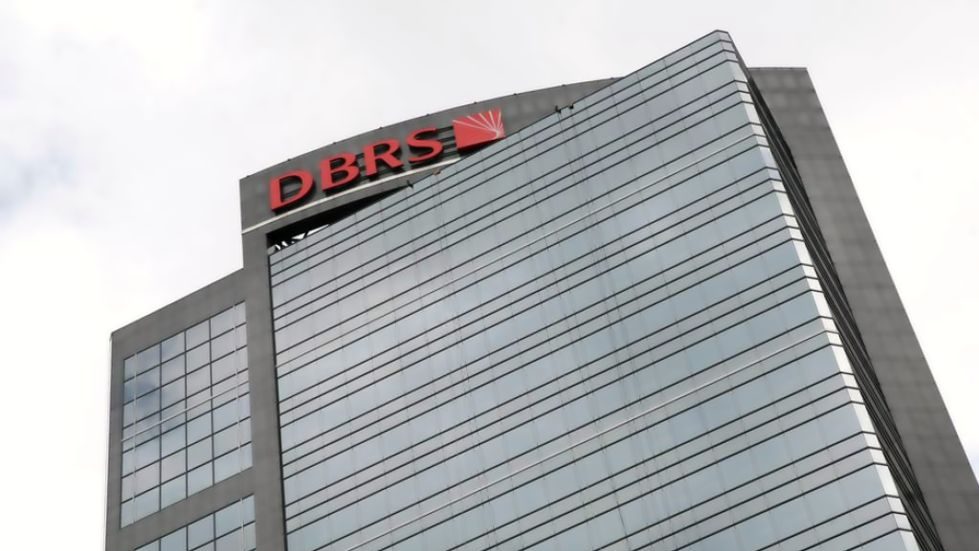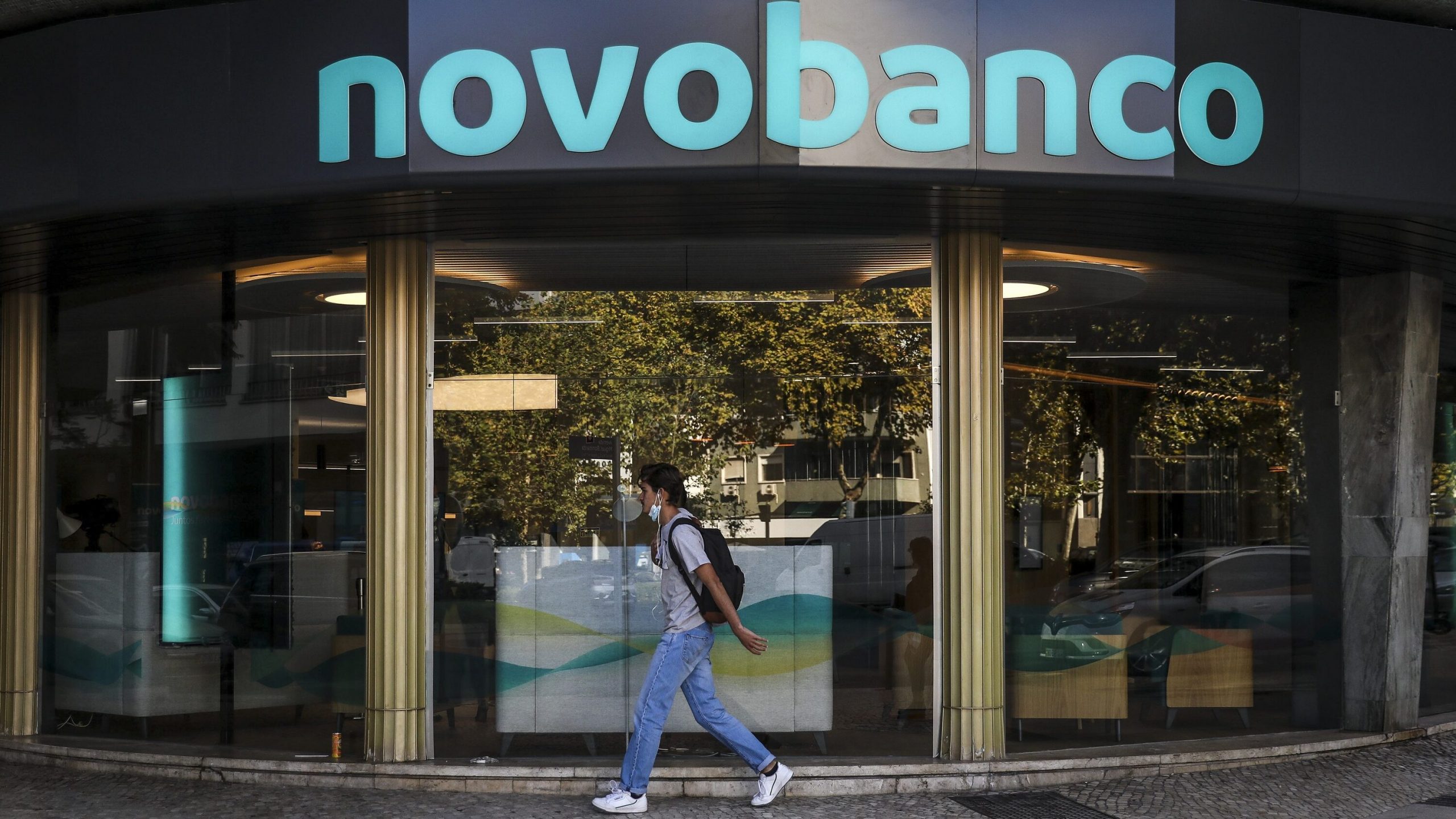Uncertainty and inflation may pressure Portuguese banks, DBRS warns
The performance of the Portuguese banks in the first half of the year was positive, but some factors, such as inflation, pose risks to their future performance.
Portugal’s banking sector is striving so much that the net income of the largest Portuguese banks has almost doubled compared to the same period in 2021. However, the uncertainty and macroeconomic scenario may pressure future profitability and assets, warned DBRS.
In an analysis of Portuguese banking, the agency concludes that higher revenues and lower provisioning and impairment expenses boosted earnings in the first half. Banks reported an aggregate net income of €1,293 million, up from €678 million in the first half of 2021.
Fee and commission income was up 12% year-on-year, “with solid performance across the board reflecting the progressive normalisation of economic activities post-pandemic”. Meanwhile, The aggregate stock of NPLs “continued to decrease Quarter on Quarter (QoQ) and Year on Year (YoY), as asset quality remained largely resilient following the winddown of the moratoria.”
DBRS projects that in the short term, the stock of NPLs may continue to decline, albeit at a slower pace, or even stabilise. However, persistent inflationary pressure and high energy costs will add to borrower stress and increase asset quality risks over the medium term.
As for funding and liquidity conditions, DBRS said these “remained adequate” but noted that “the recent market volatility is contributing to increased refinancing costs in the wholesale market.”
Although the first half of the year was positive for Portuguese banks, “the growing uncertainty and more challenging macroeconomic environment due to the high energy prices and persistent inflationary pressure will likely pressure future profitability and asset quality,” the rating agency explained.


